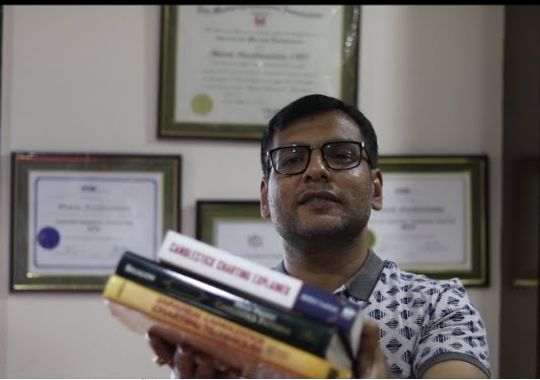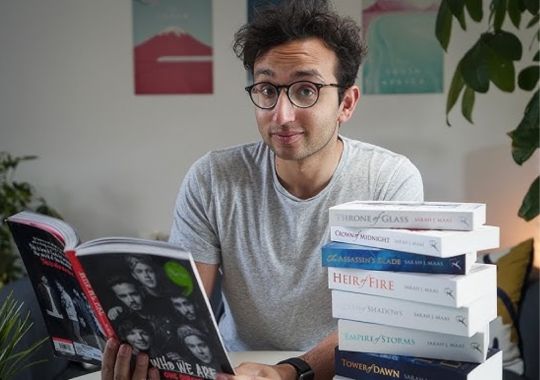Ever been stuck in a situation that requires thought and judgment? Thinking clearly and rationally is essential for finding out about complex situations. This skill, called critical thinking, is engaged in every aspect of everyday life. It comes into play when evaluating data or assessing someone’s opinion.
A solid critical thinking foundation can prove invaluable throughout both personal and professional contexts. In this article, we will examine the roles of critical thinking in various parts of our lives and discuss how we can apply it to reach successful outcomes during challenging times. So let's dive right into it!
As Amazon affiliates we may earn a commission if you purchase a product at no cost to you.
What is critical thinking?
Critical thinking is an analytical process involving evaluating information and making logical decisions. It’s reasoning that goes beyond memorization, allowing us to assess situations effectively and develop creative solutions.
Critical Thinking in Everyday Life
At its core, critical thinking encourages us to be curious about the world around us and to question not just the opinions of others but even our assumptions. It also helps us to recognize connections between ideas and assume a reasonable thought process.
Caring for Your Health
One of the most important practical applications of critical thinking is caring for our health. We are often faced with a range of options for treatment or prevention and need to make an informed decision about which is best. This requires us to examine the facts closely and weigh each option's potential risks and benefits.
Critical thinking allows us to evaluate any claims about treatments and decide whether they are true. It also helps us make well-reasoned decisions on how to prevent illnesses in the future and how we should plan our diets and lifestyle. We can significantly improve our chances of living a healthy life by utilizing critical thinking.
Critical Thinking in Time Management
Time management is essential for successful critical thinking. Managing our time and resources effectively allows us to focus on meaningful areas of thought rather than spending unnecessary energy and time on around-the-bush decisions.
Setting a realistic timeline encourages careful decision-making rather than rushing into decisions without proper analysis. Creating a plan of action and a list of goals helps organize the thoughts. This will assist in making sure that each goal is met in an appropriate amount of time. All in all, effective time management enables us to apply critical thinking skills more consistently.
Promoting a teamwork approach to problem-solving
By engaging in critical thinking, team members can identify key issues, brainstorm solutions, and make decisions based on facts rather than assumptions or hunches. This critical thinking process helps create efficient and effective teams who can work together to reach the desired goal.
Critical thinking promotes a collective approach to problem-solving. Team members can share their knowledge and ideas, which leads to better decision-making through increased collaboration. It also encourages team members to look at all possible solutions rather than just the most obvious option, resulting in more innovative outcomes.
Important For Self-Reflection
Critical thinking is a vital component of self-reflection as it encourages us to take an objective and thoughtful look at our actions, beliefs, and behaviors. It enables us to analyze the situation from multiple perspectives and ask pertinent questions that lead to deeper understanding and insight. With its emphasis on logic, reasoning, and evidence-based decisions, critical thinking is essential to personal growth and development. By engaging in critical thinking, we can make informed decisions about our lives, leading to greater clarity, purpose, and meaning.
Asking thoughtful questions
Asking thoughtful questions is an important aspect of critical thinking. It helps us to analyze and understand the complexities of a given situation or issue and determine the best possible course of action. Questions should be open-ended, allowing multiple perspectives and ideas to be considered.
When asking questions, it’s also important to consider how our biases and assumptions may influence our thinking. We should consider the reliability of our information sources when making decisions. Asking thoughtful questions can help us assess problems more accurately and develop truly practical solutions.
Ability to Create Different Scenarios in Your Head
Creating different scenarios in your head is a crucial part of critical thinking or to practice critical thinking. This skill allows you to imagine potential outcomes for different decisions or events, and it also enables you to plan contingencies in the event something doesn’t go as expected.
Through this exercise, you can access a variety of perspectives and consider multiple possibilities when making an important decision. Creative visualization and critical thinking can be combined to create a powerful problem-solving, brainstorming, and strategizing tool. The more scenarios we can come up with in our heads, the better equipped we are to face any situation that comes our way.
Critical Thinking in Choosing the Career
Choosing a career is an important decision requiring critical thinking skills. You need to evaluate your aptitude, interests, goals, and values to make the right choice. It would be best to consider the potential for job opportunities, salary range, work-life balance, and other factors. Researching different jobs and career options can help you identify the best fit. Ultimately, critical thinking will allow you to make an informed decision that is right for your future. By looking at all aspects of a potential career and analyzing the pros and cons, you can confidently make the most appropriate choice for your lifestyle, goals, and values.
Recommended Article

Frequently Asked Questions FAQs
How do you show critical thinking examples?
Critical thinking is the ability to analyze information objectively and make better decisions. Examples of critical thinking include: evaluating sources of information; asking questions; drawing logical conclusions; determining cause and effect relationships; identifying assumptions, biases, and implications
How do students apply critical thinking?
Students can apply critical thinking by evaluating different perspectives, analyzing arguments, and identifying underlying assumptions. They can also practice problem-solving and creative thinking to make informed decisions. They should be able to ask questions, challenge existing ideas, and develop alternative solutions. Critical thinking involves understanding the factors influencing decision-making and exploring various analysis methods to reach conclusions.
What are the different points of view?
Examining different points of view; defining problems accurately and precisely; generating alternative solutions; analyzing arguments for strengths and weaknesses, and understanding the implications of different solutions. Practicing these skills can help you become a better critical thinker and make sound, evidence-based decisions.










